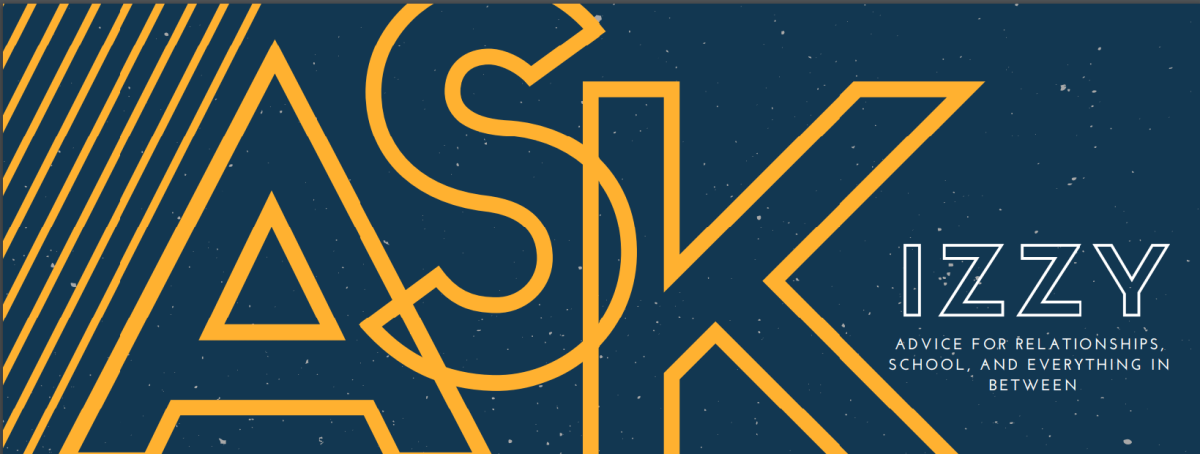With social media on the rise, mental health issues have become more widely known and accepted. Online platforms have allowed users to share personal stories and accounts of many different psychological disorders. Largely, this is used as a support system to encourage and inform others of their own personal experiences. However, social media can also bring about very harmful and romanticized ideas regarding mental health issues.
According to the Anxiety and Depression Association of America, about 6.7 percent of adults in America have Major Depressive Disorder, and 18.1 percent of adults suffer from anxiety. Oftentimes, these two mental disorders are comorbid, or occur together. Despite the severity and seriousness of mental disorders, there seems to be a pushback from help on social media networks.
On sites like Pinterest, Tumblr and Instagram, I’ve seen a trend of black-and-white photos with a text quote overtop of it. These quotes have read such things as, “I’m sorry I’m not the perfect person you thought I was,” or “you’re just a memory.” This kind of association with mental disorders is frightening. This sort of content should really just say, “I don’t deserve help.” It accepts the disorder, and even embraces it in a way.
When I began my college experience, I was overwhelmed with anxiety and depression from simply being in a new community and a new place in life. I found myself deep in the rabbit hole of “beautiful sadness” and saw my discomfort as a strength, and me as a fighter. I started thinking that seeking therapy was a joke and getting better was denying this sadness, because it was a part of who I am. These social media platforms led me to believe that it was hopeless, and that me and everyone else should admire sadness. This is such a dangerous line of thinking.
According to the American Foundation for Suicide Prevention, suicide is the 10th leading cause of death in the U.S. When teens or other vulnerable people are exposed to content that romanticizes and encourages mental disorders, there may be deadly ramifications. Depression and anxiety among other mental disorders are serious medical conditions that can be treated in various ways.
There are many different psychotherapy options available along with a plethora of medications that can help with the increase or decrease of neurotransmitters that can lead to anxiety and depression. There is such a plethora of options available because it affects so many people. Much like an iron or vitamin D deficiency, anxiety and depression often are a result of a serotonin deficiency.
Depression, anxiety and other mental disorders are medical conditions that can be helped. There is no admiration or beauty in suffering when there is a way out. Functioning at a normal level is attainable, and it’s important for those who are suffering to know that. Instead of taking part in harmful social media trends, find ways to be exposed to more positive, uplifting and hopeful content. Starting with small changes in your immediate surroundings can lead to better and hopeful life choices.






